Circuit Description
The ether injection circuit is a device used by the engine to control the ether injection operation. The ether injection circuit utilizes a Pulse Width Modulated (PWM) signal. A PWM signal is pulsed voltage signal between 0-VDC and system voltage. The frequency of the pulsed voltage signal is dependent on the application requirement.
Component Location
The control solenoid location varies by OEM. Refer to the appropriate OEM service manual to determine the location.
Conditions for Running the Diagnostics
This diagnostic runs when the keyswitch is in the ON position and when the pulse width modulated (PWM) device is getting energized or de-energized. In some cases, the diagnostics can also run at some fixed intervals.
Conditions for Setting the Fault Codes
The ether injection circuit pulse width modulated (PWM) signal detected a voltage greater than 0-VDC when the PWM signal was turned off by the ECM.
Action Taken When the Fault Code is Active
The ECM illuminates the amber CHECK ENGINE lamp immediately when the diagnostic runs and fails.
The ether injection operation will be disabled.
Conditions for Clearing the Fault Code
To validate the repair, perform a key cycle, and leave the key in the ON position for 1 minute.
The fault code status displayed by INSITE™ electronic service tool will change to INACTIVE immediately after the diagnostic runs and passes.
The ECM will turn off the amber CHECK ENGINE lamp immediately after the diagnostic runs and passes.
The Reset All Faults command in INSITE™ electronic service tool can be used to clear active and inactive faults, as well as extinguish the MIL for OBD applications.
Shop Talk
Possible causes of this fault include:
An open circuit in the engine harness or ether injection solenoid
A short circuit to voltage source in the OEM harness
A malfunctioning ECM.
Possible Cause:
1) Ether injection solenoid failure
2) OEM harness
3) ECM failure


 AGCO
AGCO ALLISON
ALLISON BENDIX
BENDIX BOBCAT
BOBCAT CAT
CAT CLAAS
CLAAS CNH
CNH DAF
DAF DETROIT
DETROIT EATON
EATON FREIGHTLINER
FREIGHTLINER HINO
HINO HITACHI
HITACHI ISUZU
ISUZU JCB
JCB JOHN DEERE
JOHN DEERE JPRO
JPRO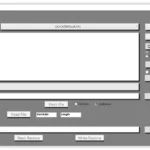 MAGIC TUNER
MAGIC TUNER MAN
MAN Navistar
Navistar PACCAR
PACCAR PERKINS
PERKINS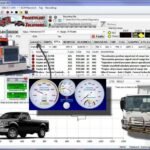 PF DIAGNOSE
PF DIAGNOSE PSI POWERLINK
PSI POWERLINK RENAULT
RENAULT SCANIA
SCANIA THERMO KING
THERMO KING UD NISSAN
UD NISSAN VOLVO
VOLVO WABCO
WABCO ZF TESTMAN
ZF TESTMAN
 BELL
BELL BENDIX
BENDIX BOBCAT
BOBCAT CARRIE
CARRIE DAF
DAF DETROIT
DETROIT EATON
EATON FUSO
FUSO MACK
MACK
 Cumminz
Cumminz ISB4.5 CM2150
ISB4.5 CM2150 All Engines (2017 Emissions)
All Engines (2017 Emissions) PACCAR
PACCAR
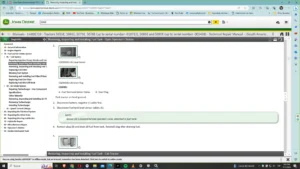
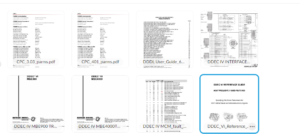
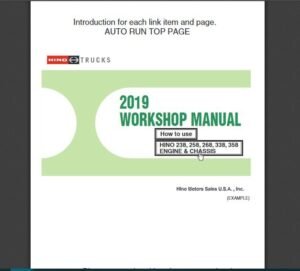

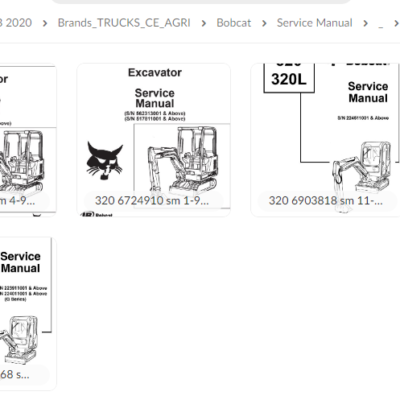
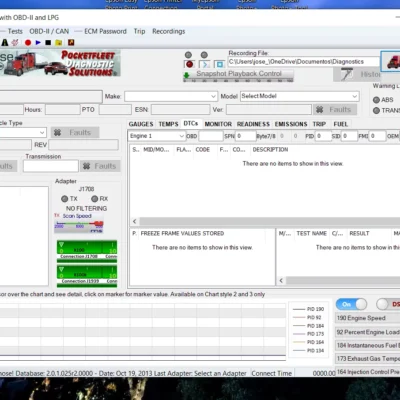


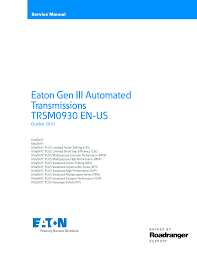
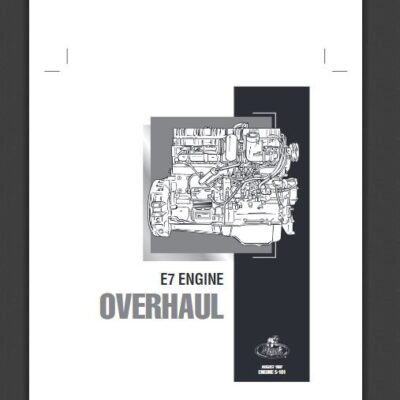
![The Hitachi Construction Machinery MPDr Ver 3.7.0.0 [10.2020] Diagnostic Software optimizes operations in heavy construction machinery. With advanced diagnostics, seamless integration with Hitachi equipment, and a focus on efficiency and productivity, it enhances performance in the industry. Trust the reliability of Hitachi Construction Machinery for this powerful software solution. Learn more about its features, benefits, and how it can benefit your operations at ecmtrucks.com. Increase efficiency with Hitachi Construction Machinery MPDr Ver 3 7 0 0.](https://ecmtrucks.com/wp-content/uploads/2024/01/MPDR-3.7.00-400x400.webp)

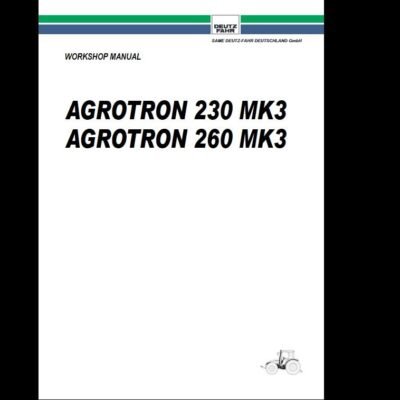
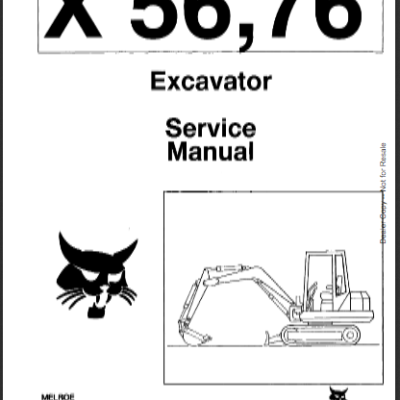
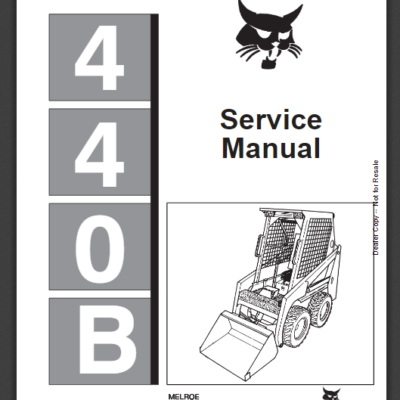
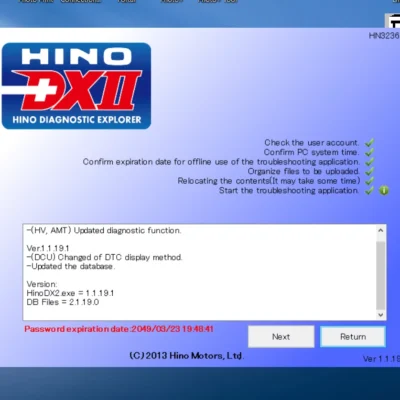
Reviews
Clear filtersThere are no reviews yet.